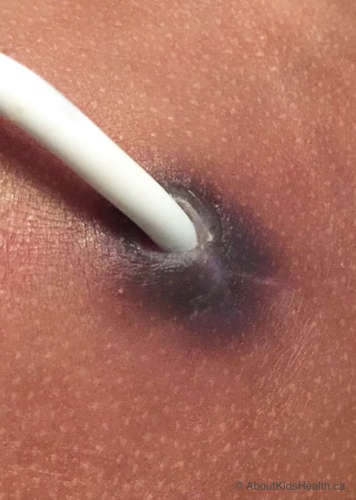Introduction
Signs and symptoms
Causes, risk factors and prevalence
Treatment
Prevention
At SickKids

